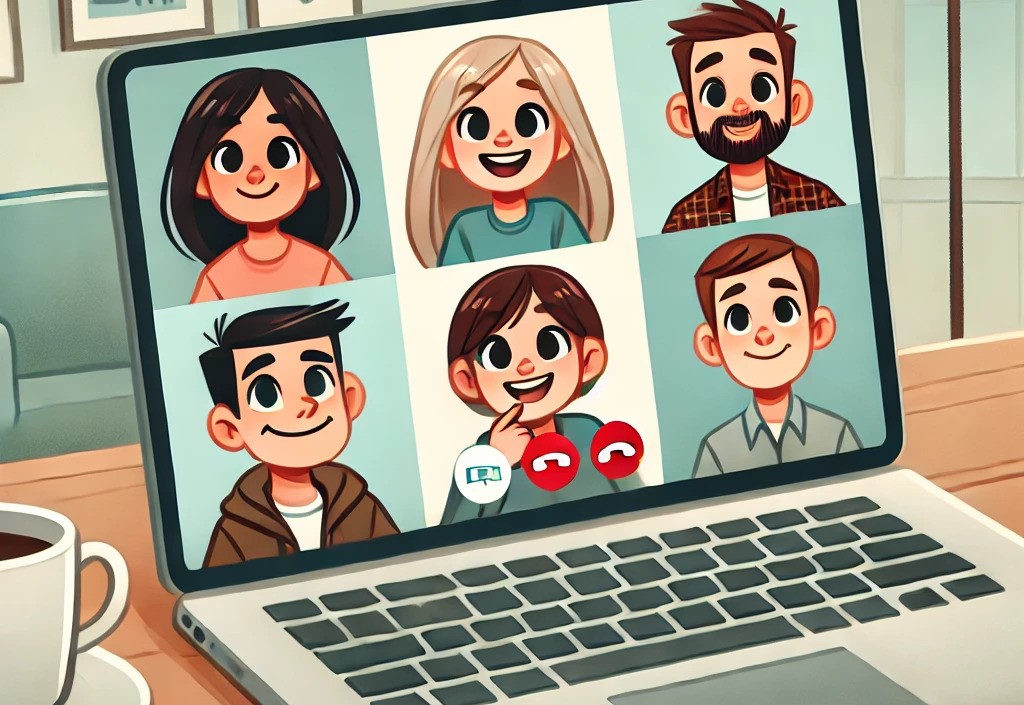W. Ickes and his research group has found that strangers read each other with 20% average accuracy rate when videotaped while close friends and married couples could gymnastic that up to 35%. Firstly, it looks that we do know what our spouse or a close friend prefers or not more than a random stranger would, but not by all that much. Secondly, the confidence we have in knowing the mind of a close friend or a significant other largely exceeds our actual accuracy.
How much emotions our bodies really show? Of course, we are not expected to pantomime complicated thoughts and feelings with our body alone, but how much of our emotions do our bodies show compared to e.g. our voices?
It was not too difficult for different research teams to design an experiment: a participant watched a person on videotape describing an emotional experience with either sound only or the camera off. The research team then compared the participant’s guess about the speaker’s emotions with the speaker’s actual reported emotions. Or alternatively, volunteers listened to somebody describing either a very positive or a very negative emotional experience. Storytellers reported how positive or negative they felt by moving a slider on a scale, and the raters used the same type of slider to predict how the storyteller was feeling.
The researchers found that those who could only see the storyteller were significantly less accurate than those who could only hear the storyteller. That is, emotions are primarily carried on our voice. Those who could only see the storytellers were still more accurate than they would have been simply by random guessing, but not by all that much. We get less information from reading body language than we estimate.
If our body doesn’t convey that much of information during online meetings we still can argue that we lose the ones of facial expressions. Although, it is less the case when we have our cameras on.
In spite of the popular supposition, the scientific verification of facial expressions is currently very weak. In experiments, when people were asked to lie or to conceal strong emotions, they tended to think the truth would be uncovered significantly more often than it actually was. It looks that most of us are better liars than we think we are. 🙂 Our intuition that our emotions are clearly visible to others seems to be more of an illusion than reality.
In another experiment, researchers asked volunteers to look at a series of emotionally arousing photographs and to either express their true emotion or hide it. The hits on target not only seemed to be exceptionally rare (only 2%) but also seemed just as likely to be shown when people were telling the truth as when they were lying. It is surprising to see that how little our true emotions are visible, how often they are misleading, and how hard it is to detect them accurately.
The benefit of taking the perspective of others is that we can get more and better information about the person that we may otherwise overlook. The weakness of perspective taking is that it relies on our ability to take the other person’s perspective accurately. If we don’t really know what it’s like to be poor, in pain, being at the bottom of the corporate ladder, then the mental yoga of putting ourselves in someone else’s shoes is not going to make us any more accurate. Nicholas Epley and his collaborators conducted a series of experiments and they have never found any evidence that perspective taking – imagining the world through others’ eyes – increased accuracy. In fact, perspective taking consistently decreased it.
This has a problematic consequence e.g. in conflict situations (when perspective taking is most often endorsed as a solution), where people have inaccurate views about each other. If we form a false image about the other side’s circumstances, then considering ourselves in those circumstances could increase misunderstanding, and result in stereotypes.
There’s no reason to believe that most of our employees and managers are highly trained experts at reading body language and taking perspectives, so we may let our fixation on this skill to sink in the sea of cognitive illusions, at least until further evidence. All in all, it looks that we lose a lot less information during online meetings than we think, so maybe we can turn our worries down a bit…
Act2Manage Application
An interactive, gamification-based, practice-oriented leadership development application that provides immediate help and enables follow-up to the most common dilemmas.







